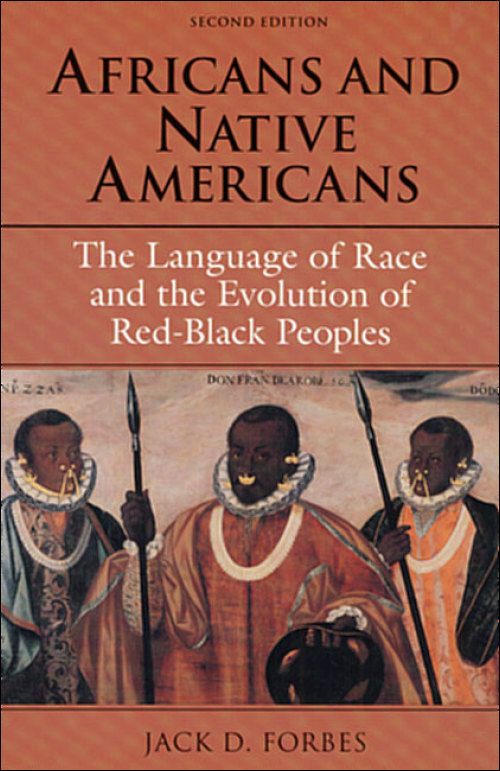A Beautiful Lie: Exploring Rhinelander v. Rhinelander as a Formative Lesson on Race, Marriage, Identity, and Family
California Law Review
Volume 95, Issue 6 (2007)
pages 2393-2458
Angela Onwuachi-Willig, Professor of Law and Charles M. and Marion J. Kierscht Scholar
University of Iowa College of Law
During the mid-1920s, the story of the courtship, marriage, and separation of Alice Beatrice Jones and Leonard Kip Rhinelander astounded the American public, especially the citizens of New York and black Americans across the country. Alice, a chambermaid and the racially mixed daughter of English immigrants who had worked as servants on a large estate in Bradford, England, had committed the social faux pas of falling in love with and marrying Leonard Kip Rhinelander, the son of a white multi-millionaire who descended from the French Huguenots. Or rather, as certain arguments from Leonard’s trial attorney Isaac Mills and later the jury’s verdict would together suggest, Leonard had committed a social offense by “knowingly” loving and marrying Alice, a colored woman.
Scandal arose about the marriage of Alice and Leonard when a story with the title “Rhinelanders’ Son Marries Daughter of a Colored Man” ran in the Standard Star of New Rochelle on November 13, 1924. Two weeks later, on November 26, 1924, Leonard filed for an annulment of his marriage to Alice. In his Complaint, Leonard alleged that Alice had misrepresented her race to him by improperly leading him to believe that she was white, “not colored,” before their nuptials. New York law did not ban interracial marriages between Blacks and Whites at the time; thus, Alice and Leonard’s marriage was not automatically void. In the state of New York, the law did not identify interracial marriages as so odious to public policy that they were legally impossible; however, fraud as to a spouse’s race before marriage signaled that there had been no meeting of the minds between husband and wife. Given the importance of racial classifications and their corresponding status in society, New York courts readily accepted knowledge about a spouse’s race to be a factor so crucial to the understanding of the marital contract that fraud about it rendered the marriage voidable and thus eligible to be annulled from its start. In other words, the primary basis for recognizing knowledge of a spouse’s race as a material fact that went to the essence of marriage, a requirement for annulling voidable marriages based on fraud after consummation, was racial prejudice and social opprobrium of intermixing. Additionally, although New York had not followed many southern states in adopting the “one drop rule,” many Whites in New York agreed that any taint of colored blood removed a person from the class of white citizens. In essence, because of long-held beliefs about racial genetics and community expectations about social barriers of race in 1920s New York, knowledge of a spouse’s race was considered to be as central to marriage as the ability to consummate it. Thus, no question was ever raised about whether Leonard’s alleged basis for annulment, racial fraud, could legitimately serve as a reason for legally declaring his marriage to Alice to be void…
Read the entire article here.




